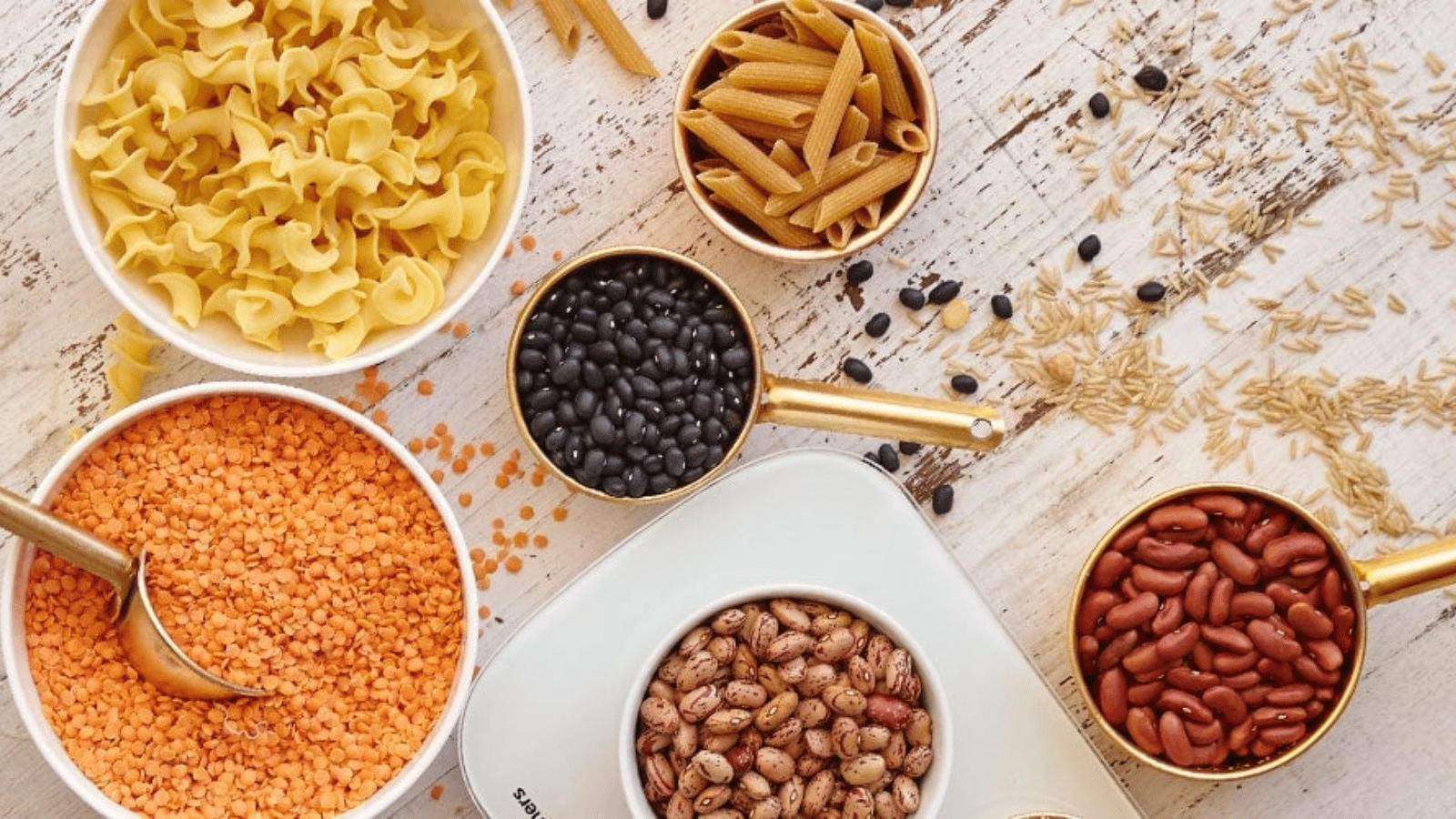What causes bloating? Expert answers to your top questions


It’s not uncommon for us to be juggling back-to-back events and eating out more frequently, so it’s no surprise that some of us may feel bloated occasionally. In fact, up to 30 per cent of people experience bloating at some point. And if you do, how can you tackle it?
What is bloating?
“Bloating is the swelling of the bowels due to excess gas. This gas, known as butyric acid, is produced by microbes in the intestines consuming carbohydrates found in foods such as vegetables, fruit, legumes and grains.”
Is bloating a bad thing?
“In the majority of us, bloating is actually very normal and a sign that things are working well. In fact, butyric acid has been shown to be a potential cancer preventive. In somebody who has challenges with their gut, such as inflammatory bowel syndrome (IBS), the severity of bloating can be elevated, and that’s when it can become problematic.”
What causes bloating?
“The causes of bloating are very individual. A common cause is foods that contain FODMAPs (fermentable oligosaccharides, disaccharides, monosaccharides, and polyols) in high quantities. These are known to increase the amount of gas in the body, causing bloating. FODMAPs are found in foods such as fruits and vegetables, dairy, protein, breads, cereals, nuts, and seeds.
There’s a common misconception that eating too much fibre can lead to bloating when actually it’s the opposite. Not having enough fibre in your diet can trigger bloating, so ensure you eat enough fibre to help the digestive system move well. The recommended daily amount of fibre that adults should aim to consume is approximately 25-30g.
IBS can be another cause of bloating. In someone who has IBS, the build-up of gas can cause irritation to the muscles in the bowel. Some food intolerances, such as lactose intolerance, may affect the gut, while a lack of movement throughout the day can also trigger bloating in some people.”
What can I do to ease bloating?
“In this instance, prevention is better than cure. Unfortunately there’s not much you can do to ease bloating once it happens, so you’re better off trying to avoid it happening in the first place. Usually an episode of bloating only lasts around one to two hours, so do your best to ride it out.”
How can I prevent bloating?
“There are a number of things you can do to tackle bloating. The most crucial thing is to have a healthy, balanced diet, and drink plenty of water throughout the day. Ensure you’re getting the right balance of soluble and insoluble fibres. Soluble fibres are found in fruits, vegetables and legumes, and insoluble fibres are found in nuts, wholewheat and wholegrains. Aim to have five serves of vegetables, two serves of fruits and three to four serves of grains a day. One serving of grains could be a piece of toast or half a cup of cooked brown rice.
It’s important to try to meet the daily recommendation of 30 minutes a day of physical activity, but any amount of walking or standing is going to be better than sitting. We know the gut responds well to any kind of movement. So even if you are standing rather than sitting, that could have a positive benefit for your gut.
Also, it’s good to learn what your personal sensitivities are and what your trigger foods may be. Taking the time to learn which foods are likely to cause uncomfortable bloating for you, and then the quantity of those that you can tolerate, is the best way to prevent it.”
How can I tell if it’s bloating or I’ve just overeaten?
“It’s sometimes easy to mistake feeling overly full with bloating, but the two are very different things. Your stomach is just underneath your ribcage, so if it’s a feeling of fullness, it’s likely to be higher up in your body. Your stomach’s going to be distended because it can only hold a small amount of food. Bloating is a little lower, as the gas is going to come from the large intestine which is lower down in the gut.”
How can I avoid bloating for a special occasion?
“Be mindful of overeating and keep yourself in check. You can still enjoy special occasions by making smart choices with food. If you’re dining out and eating rich foods, choose meals that include ZeroPoint foods for breakfast and lunch, so that you’re getting those soluble and insoluble fibres. Ensure you’re well hydrated and moving during the day to counter the effects of eating larger meals.”
When it’s more than just bloating...
A person with a healthy gut could reasonably be bloated many days of the week—so how can you tell when there’s a more serious issue at hand? Often more serious bloating has other symptoms associated with it that can include pain, vomiting or loose stools. With a condition such as IBS, for example, Dr Celander says bloating can often last longer than an hour or two, and there is other discomfort associated with it, such as a headache or nausea. IBS symptoms can also be unrelated to foods and can be a little more constant throughout the day. If you’re concerned, it’s advisable to speak to a health professional to seek further assistance about how to manage your condition.
